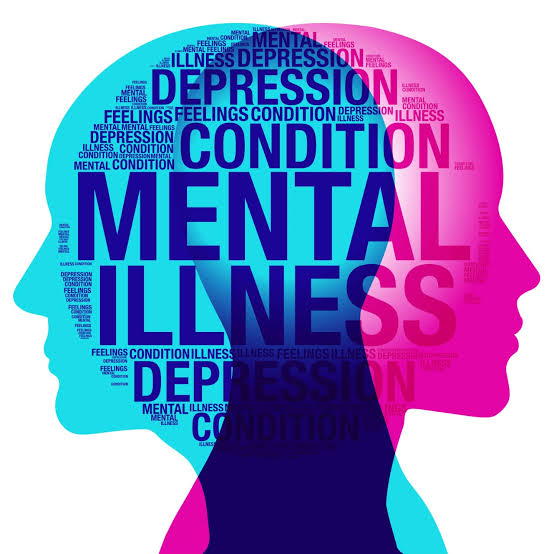Mental health is just as important as physical health. It affects how we think, feel, and behave. Good mental health helps us handle stress, build relationships, and make decisions. However, many people ignore their mental well-being until they face serious problems. Understanding mental health can help us take better care of ourselves and others.
What is Mental Health?
Mental health refers to our thoughts, emotions, and overall state of mind. It affects how we handle daily challenges, interact with others, and make choices. When our mental health is good, we feel happy, confident, and balanced. But when it’s poor, we may feel sad, anxious, or unable to focus.
*Common Mental Health Problems
Many people experience mental health issues at some point in their lives. Some common ones include:
Anxiety – Feeling extremely worried or nervous all the time.
Depression – Feeling sad, hopeless, and losing interest in things we once enjoyed.
Stress– Feeling overwhelmed by work, studies, or personal problems.
Bipolar Disorder – Sudden mood changes, from extreme happiness to deep sadness.
OCD (Obsessive-Compulsive Disorder) – Unwanted thoughts or behaviors that repeat over and over.
*Signs of Poor Mental Health**
Recognizing mental health problems early can help us get the support we need. Some warning signs include:

- Feeling sad or anxious for a long time
- Losing interest in things you usually enjoy
- Sleeping too much or too little
- Avoiding friends and family
- Feeling angry or irritated often
- Trouble concentrating or making decisions
How to Take Care of Your Mental Healthcare
Taking care of your mental health is just as important as looking after your body. Here are some simple ways to improve it:
1. Do Things You Enjoy
Spending time on hobbies, music, or creative activities can help you feel relaxed and happy.
2. Stay Active
Exercise, even a short walk, can improve your mood and reduce stress.
3. Talk to Someone
Sharing your feelings with a friend, family member, or therapist can help you feel better.
4. Get Enough Sleep
A good night’s sleep helps your brain rest and keeps you mentally strong.
5. Manage Stress
Practice deep breathing, meditation, or journaling to handle stress better.
*6. Seek Professional Help
If your feelings become overwhelming, don’t hesitate to talk to a mental health expert. Seeking help is a sign of strength, not weakness.
Breaking the Stigma
Many people avoid talking about mental health because they fear being judged. However, mental health problems are common, and seeking help is completely normal. The more we talk about it, the easier it becomes for everyone to get support.
Final Thoughts---
Mental health is a vital part of our well-being. Just like we take care of our bodies, we must also care for our minds. By practicing self-care, staying connected, and seeking help when needed, we can live a happier and healthier life. Always remember—it's okay to ask for help, and you are never alone.



0 Comments